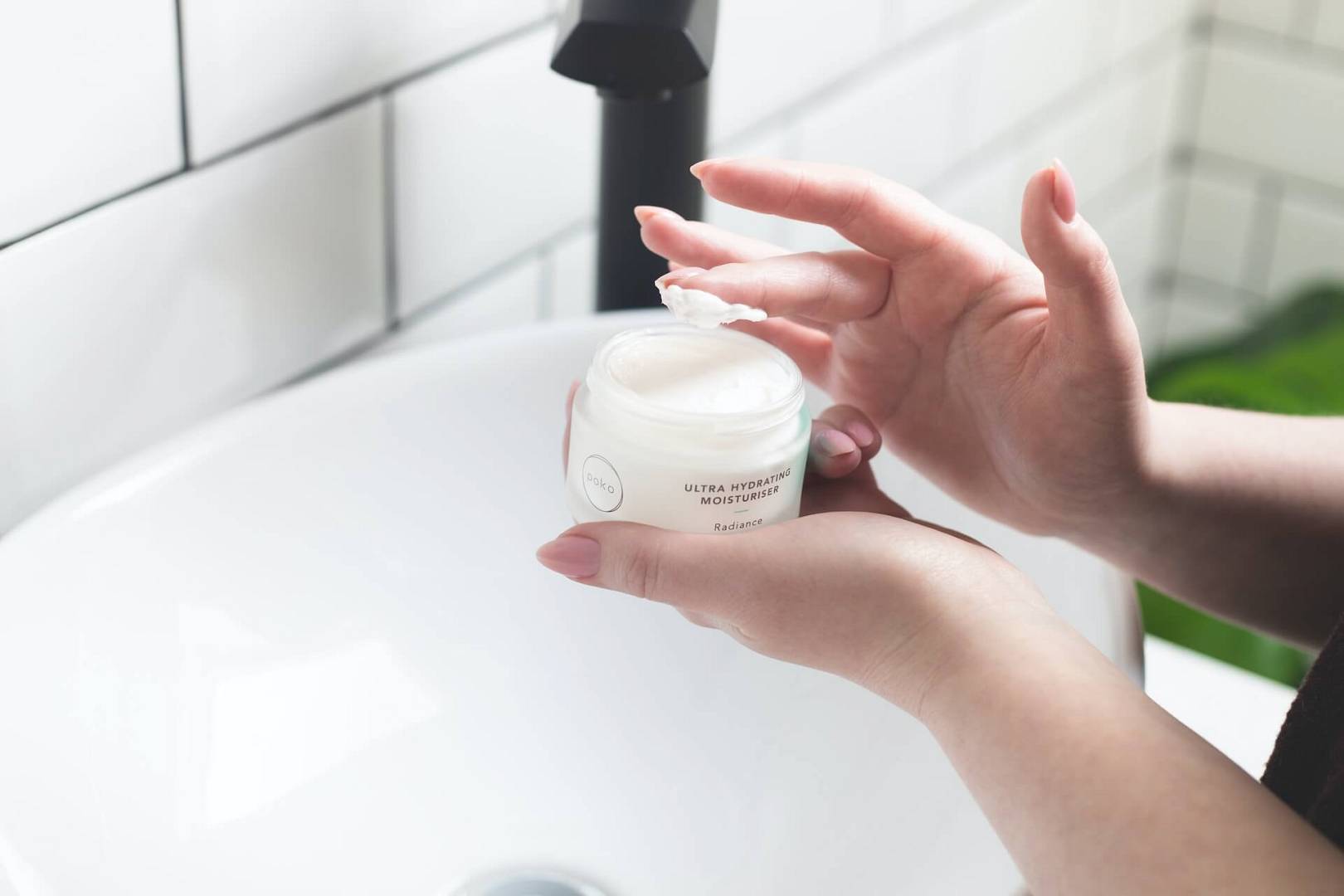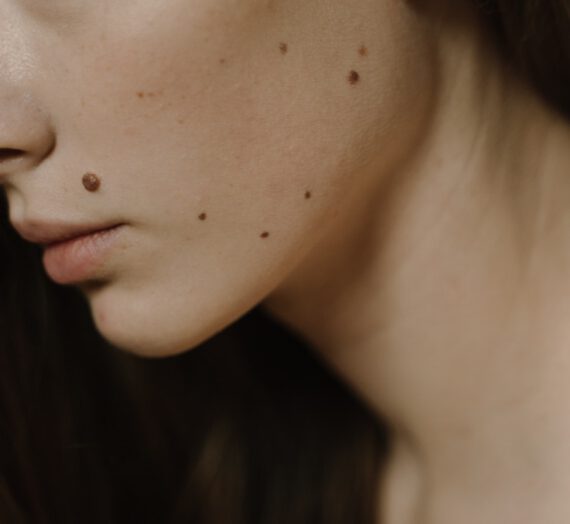Age, as they say, is just a number. Yet, it’s a number that often manifests physically in the form of wrinkles, fine lines, and age spots. The beauty and skincare industry has been on a relentless quest to offer solutions that delay, minimize, or even reverse these signs of aging. Among the most sought-after products in this domain is the anti-wrinkle cream. This article delves into the intricacies of anti-wrinkle creams, exploring their effectiveness, ingredients, and how to make an informed choice.
How do wrinkles form?
Understanding wrinkles requires a peek into our skin’s structure. The skin’s suppleness, strength, and elasticity are owed to collagen and elastin. However, with age, environmental factors, and certain lifestyle habits, the production of these proteins decreases, leading to the skin losing its firmness and elasticity, resulting in wrinkles.
The magic behind anti-wrinkle creams:
Active Ingredients: The efficacy of an anti-wrinkle cream largely depends on its active ingredients. Some of the proven ingredients include:
- Retinoids: Derived from Vitamin A, retinoids are one of the most studied and proven ingredients in anti-aging skincare. They promote collagen production and cell turnover.
- Peptides: These are chains of amino acids that signal the skin to produce more collagen.
- Antioxidants: Ingredients like Vitamin C, Vitamin E, and green tea extract fight free radicals, which are unstable molecules that can damage skin cells.
- Hyaluronic acid: A potent moisturizer, it can retain many times its weight in water, plumping up the skin and reducing the appearance of wrinkles.
Hydration: Moisturized skin appears smoother and healthier. Many anti-wrinkle creams contain emollients, humectants, and other hydrating agents that lock in moisture, reducing the appearance of fine lines.
Choosing the right anti-wrinkle cream:
Skin Type: Ensure the cream suits your skin type. For instance, those with oily skin should opt for non-comedogenic formulas, while drier skins may benefit from richer creams.
Age: Not all anti-wrinkle creams are formulated the same. Some might be designed for prevention in the 30s, while others target deeper wrinkles that often appear in the 50s and beyond.
Compatibility: If you’re using other skincare products or medications, ensure they don’t react adversely with ingredients in the anti-wrinkle cream.
Setting realistic expectations:
While many creams offer tangible benefits, they aren’t miracle workers. Deep-set wrinkles may not vanish but can be made less apparent. Consistent use, coupled with overall good skincare practices, yields the best results.
Complementary practices:
The efficacy of anti-wrinkle creams can be enhanced when complemented with:
- Sun protection: Prolonged sun exposure accelerates skin aging. Using sunscreens can help in preventing further damage.
- Healthy lifestyle: Balanced diets rich in antioxidants, regular exercise, adequate sleep, and avoiding smoking and excessive alcohol can make a significant difference.
Safety first:
Always do a patch test to check for allergic reactions. Be cautious with products that cause excessive redness, burning, or any adverse reaction.
In the pursuit of ageless beauty, anti-wrinkle creams emerge as valuable allies. Their science-backed formulations hold the promise of rejuvenated, youthful skin. However, it’s essential to remember that aging is a natural process. Embracing it with grace, backed by informed skincare choices, can offer both confidence and radiance at any age.




